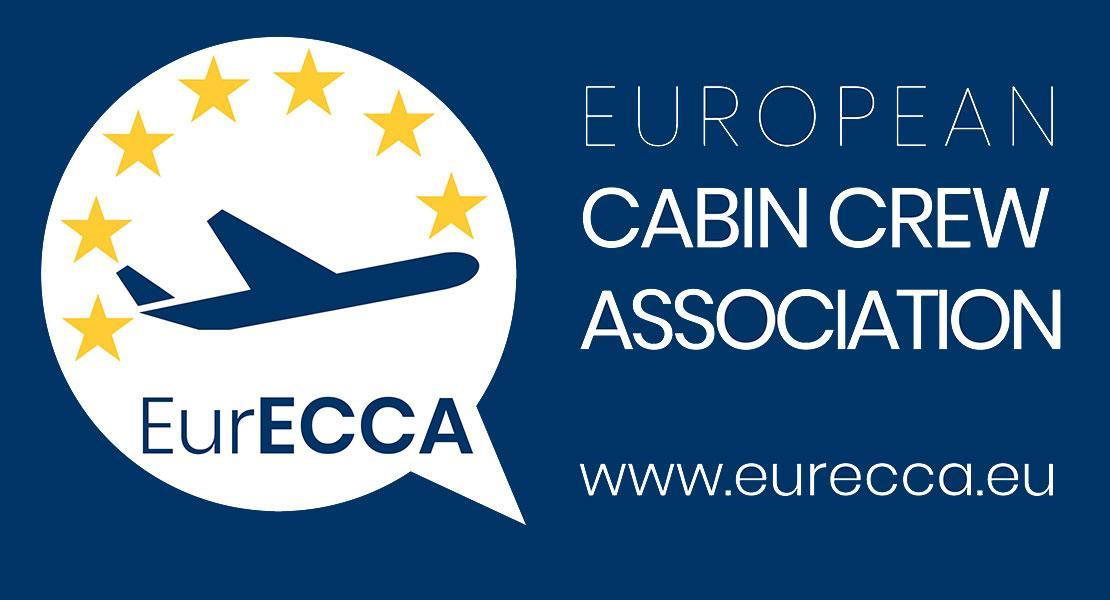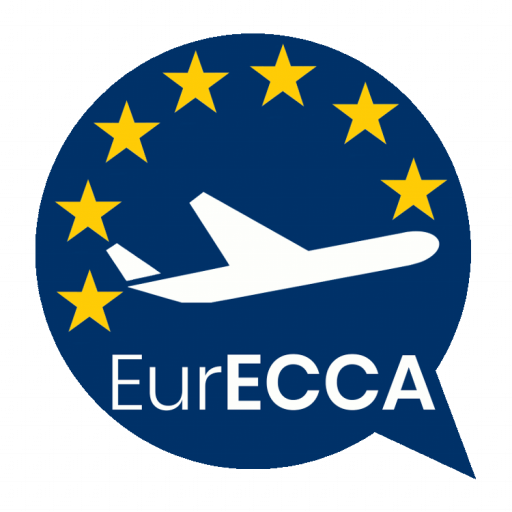EurECCA calls for integration of cabin crews in eMCO and SiPO debate
Aviation is the safest mean of transportation in history. This safety record is based on learning from its mistakes in a continuous process to improve safety standards.
EASA’s concepts of eMCO (Extended Minimum Crew Operations) and SiPO (Single Pilot Operations) propose to further maximize flight times (longer flights) while at the same time reduce the number of pilots in the cockpit. Initially, this would be achieved by allowing pilots to take longer rest periods most likely away from the cockpit.
By focusing on this objective, EASA wants to leave a single pilot in the cockpit at all times, for the entire duration of the flight, including all critical phases, such as take-off or landing, which raises concerns about the negative effects on flight safety.
From the cabin crew point of view, both concepts raise several issues:
- EASA must include cabin crew in the development of these concepts. The point of view of cabin crew must be considered in order to maintain and increase safety standards. From sign on to sign off, coordination between cabin crews and pilots is a guarantee for safety. All phases of a flight require precise dialogue and safety checks related to safety procedures. In a close environment, the safety on board of an aircraft depends on human factors. Procedures such as pilot incapacitation or decision making on an unruly passenger are just two examples which carry a huge risk potential.
According to EurECCA, important considerations must be taken into account when assessing the general feasibility of such a change, in particular the aspect relating to the importance of the “human factor”, expertise and the risks of delegating such variable and complex operations to Artificial Intelligence, which lacks and will always lack the factor of unpredictability.
The hypothetical presence of a single pilot assuming mainly the role of supervisor could therefore dangerously undermine the current balance based on the delegation of activities and command leadership between pilots and cabin crews.
If mandatory safety procedures are not taken into account in the development of these concepts, the foundations of the industry’s century-long safety record are simply ignored.
- Technological developments in the industry must have rising safety standards as a top priority. Solely focusing on market benefits and financial profits would be too short-sighted.
- Furthermore, it has yet to be proven that these concepts can achieve sustainable cost reductions. Nor has the industry proven that the technology has reached the point where these concepts are absolutely safe.
Two negative examples can be given here:
- The Boeing 737 MAX has proven that rushing through these processes can be dangerous or even fatal. Concluding from this, it is important to maintain a clear independence between the regulator and the developers/aircraft manufacturers.
- In recent years, civil aviation has suffered cyberattacks halting entire fleets (e.g. British Airways). In case of a cyberattack this could mean that the flying pilot loses his control over the aircraft which is by any mean the worst-case scenario.
EurECCA considers “human factor “as the main aspect to be taken into account in the political choice to implement this new technology based on Artificial Intelligence, in order to guarantee an Air Transport that can maintain high levels of safety, encouraging cabin crews and pilots training over any artificial technology.
EurECCA therefore calls to integrate the cabin crews in the development of EASA’s concepts of eMCO (Extended Minimum Crew Operations) and SiPO (Single Pilot Operations) otherwise they will be incomplete in their coverage. Moreover, it must be ensured to use technological developments as an instrument of enhancing safety and not to force cost-cutting.
EurECCA represents, protects and develops the rights and needs of all cabin crew all over Europe
About EurECCA: established in Brussels in 2014, the European Cabin Crew Association, EurECCA, represents, protects and develops the rights and needs of cabin crew all over Europe. It is composed of cabin crew unions from European Union Member States as well as accession and bordering states and represents some 33,000 cabin crew accounting for 70% of all organized cabin crew in Europe. EurECCA has no political connections. EurECCA’s work is around Cabin Crew working conditions, wages, social protection and health and safety at work.


